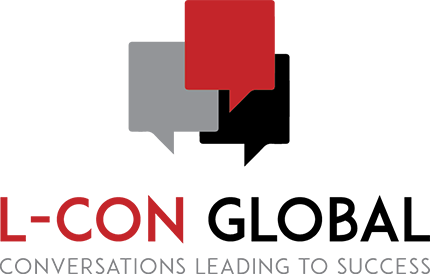Group and Team Coaching: Fundamentals and Professional Application
(48.23 CCEUs)
Team coaching is significantly different from individual coaching and group coaching. It takes place in a context vastly different from one-to-one coaching. It requires a heightened psychological mindset, an ability to work with the unseen and unspoken and an awareness of systems and their impact on teams. It also requires the ability to be simultaneously aware of all participants, the ability to observe from a distance and yet stay in contact with oneself and the team members, and of course the proven ability to coach professionally.
The programme described below addresses these needs.
The Learning Process
Our program comprises three two-day modules, a hands-on project, a practical immersion in a virtual community of practice and with your project team, bolstered by additional professional supervision throughout the practice.
The inaugural module establishes a solid base for the learning group to collaboratively function as a thriving learning community. This module introduces the principles and unique features of group coaching, presenting various models for the same. The second day shifts focus to team coaching, distinguishing its nuances. We scrutinize team structure, behavior, and thinking while initiating the process of understanding the wisdom of the learning group.
Module Two necessitates your experience of working with a virtual team post Module One. It presents the concept of the “human in the role” alongside additional psychological models and exercises to comprehend the dynamics in systems, teams, and interpersonal relationships.
In Module Three, we sustain the experiential learning and reflective practices, bringing into focus additional aspects of the system and the evolving organizational context in relation to the team. This module delves further into the unacknowledged forces and factors impacting team dynamics.
Learning Objectives
(selection)
At the end of this programme, you will be able to:
- Be present in the moment and also take a meta perspective
- Name common pitfalls in team coaching and design ways of avoiding them
- Recognise why and how the team coach slips out of role
- Suggest ways of working with non-obvious forces and factors
- Understand how to work in tandem with another team coach
- Propose your own model of team coaching (the formal assessment).
Methodology and Training Philosophy
The training is primarily learning by doing. Tried and tested psychological theory is introduced and related to working with systems, teams and groups; most theory is followed by a practical experience. At the same time, learning is considered to be emergent and dynamic, and experience is regarded as valid data, from which new theory can be developed. Your facilitators believe that knowledge can be elicited and co-created and so you will be invited to reflect on your experience and learn how reflection and dialogue can lead to new understandings. We ask that you keep a journal and practice between the modules as a virtual team which develops, runs and completes a real-life project.
Certification
Upon completion, L-CON Global will provide a certificate attesting to the completion of the ICF-accredited Continuing Coaching Education Unit (CCEU), evaluated at 48.23 core competency units. This certification could serve as a stepping stone towards obtaining the ACTC (Advanced Credential in Team Coaching) accreditation from the ICF. Both the structure and content of this training are specifically designed keeping in mind the prerequisites for this accreditation.
Participants and Trainers
This programme is open to coaches who have received more than 60 hours of formal coaching training. The programme is led by Leda Turai, MCC and Rimas Petrauskas, PCC. They are well-trained, qualified and experienced coaches and coach trainers. They are also graduates in psychology, management and leadership and have experience of working in organisations.
Place and language
This training is taught in English or Lithuanian in London, Riga and Vilnius.
Dates for training in Vilnius in 2024 – 2025 (in Lithuanian):
Module 1: 11 21-22 (2024)
Module 2: 01 22-23 (2025)
Module 3: 03 19-20 (2025)
Prices:
Paid until 2024 09 20 – 2350 eur
Paid until 2024 10 20 – 2450 eur
Paid after 2024 10 20 – 2550 eur
Group coaching practical work (virtual):
2024 12 04, 9:00-12:00 EET
2024 12 18, 9:00-12:00 EET
2025 01 08, 9:00-12:00 EET
2025 02 05, 9:00-12:00 EET
2025 02 19, 9:00-12:00 EET
2025 03 12, 9:00-12:00 EET
Contact us for more information at office@lconglobal.com

